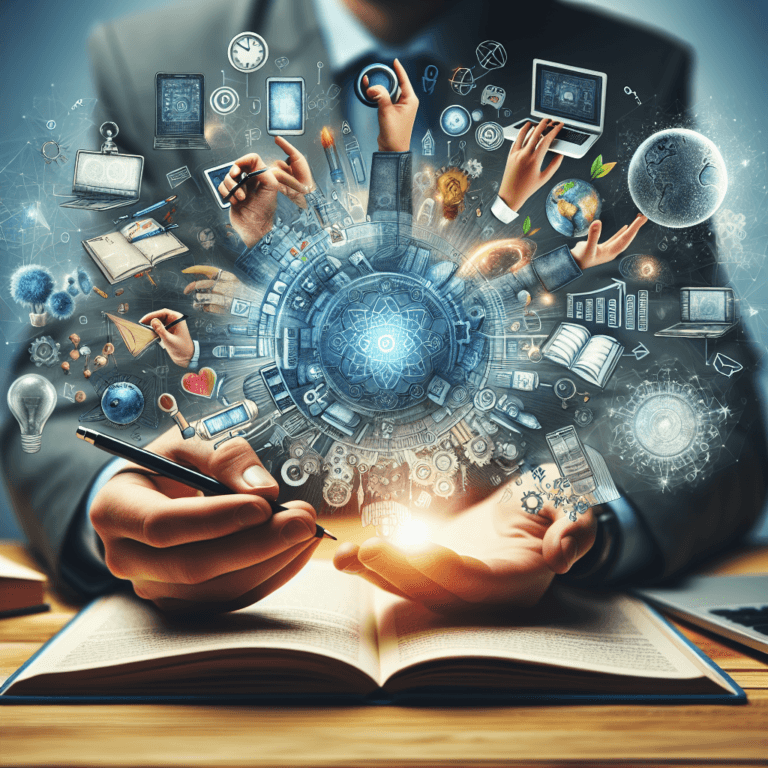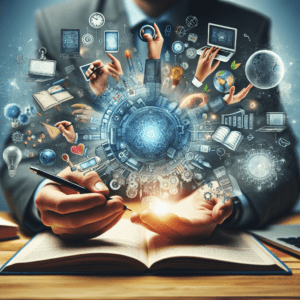Top Innovations Reshaping Modern Education
In recent years, the landscape of education has undergone a profound transformation, driven by technological advancements and innovative pedagogical approaches. These developments are not only reshaping how knowledge is imparted but also enhancing accessibility and engagement for learners of all ages. Here are some top innovations that are influencing modern education.
1. Blended Learning Environments
Blended learning combines traditional face-to-face instruction with online learning components. This hybrid approach allows for a more personalized learning experience, catering to diverse student needs. With the integration of digital resources, educators can provide tailored assignments and track progress through real-time data analytics. This model fosters greater flexibility, enabling students to learn at their own pace and style.
2. Artificial Intelligence and Adaptive Learning
Artificial intelligence (AI) plays a pivotal role in modern education by enabling adaptive learning systems. These systems analyze individual student performance and behavior, allowing for personalized content delivery that adjusts in complexity and style based on learner interaction. AI-driven platforms offer targeted feedback, helping students identify areas for improvement while allowing educators to make informed decisions on instructional strategies.
3. Virtual Reality (VR) and Augmented Reality (AR)
Virtual reality and augmented reality technologies are gaining traction in education, offering immersive experiences that enhance engagement and retention. From virtual field trips to simulated science experiments, these technologies create experiential learning opportunities that traditional classrooms cannot provide. By immersing students in interactive environments, VR and AR foster deeper understanding and retention of complex concepts.
4. Gamification
Gamification involves integrating game elements into the learning process to boost motivation and engagement. By incorporating elements such as points, badges, and leaderboards, educators can create a fun and competitive atmosphere that encourages students to participate actively. This approach has proven effective in enhancing student engagement, reinforcing learning objectives, and promoting a sense of accomplishment.
5. Online Learning Platforms and Massive Open Online Courses (MOOCs)
The rise of online learning platforms and MOOCs has democratized education, making high-quality courses accessible to a global audience. These platforms provide a wide range of subjects, enabling learners from various backgrounds to acquire new skills or deepen their knowledge. With the flexibility to learn at their own pace, students can balance their educational pursuits with other commitments.
6. Microlearning
Microlearning focuses on delivering content in small, digestible units, catering to the shrinking attention spans of modern learners. By breaking down information into bite-sized lessons, microlearning enhances retention and allows for just-in-time learning. This approach also encourages a more efficient use of time, making it easier for students to fit learning into their busy schedules.
7. Collaborative Learning Tools
The rise of collaborative learning tools has redefined how students interact and learn together. Platforms that facilitate group work and peer-to-peer interactions foster a sense of community and allow learners to collaborate on projects irrespective of their geographical locations. These tools enhance critical thinking and communication skills, preparing students for the collaborative nature of the modern workforce.
8. Data Analytics in Education
The utilization of data analytics is becoming increasingly essential in educational settings. By analyzing student performance data, institutions can identify trends and areas for improvement. Educators can use this information to enhance curriculum design, tailor interventions, and support at-risk students. By making data-driven decisions, schools can create more effective and responsive educational environments.
Conclusion
The innovations shaping modern education are enhancing how students learn, engage, and succeed. With a focus on personalization, accessibility, and collaboration, these advancements are preparing learners for a rapidly changing world. As technology continues to evolve, education will undoubtedly adapt, offering new opportunities for growth and development. These innovations not only redefine traditional teaching methods but also foster a lifelong love for learning in students, equipping them with the skills necessary for the future.







